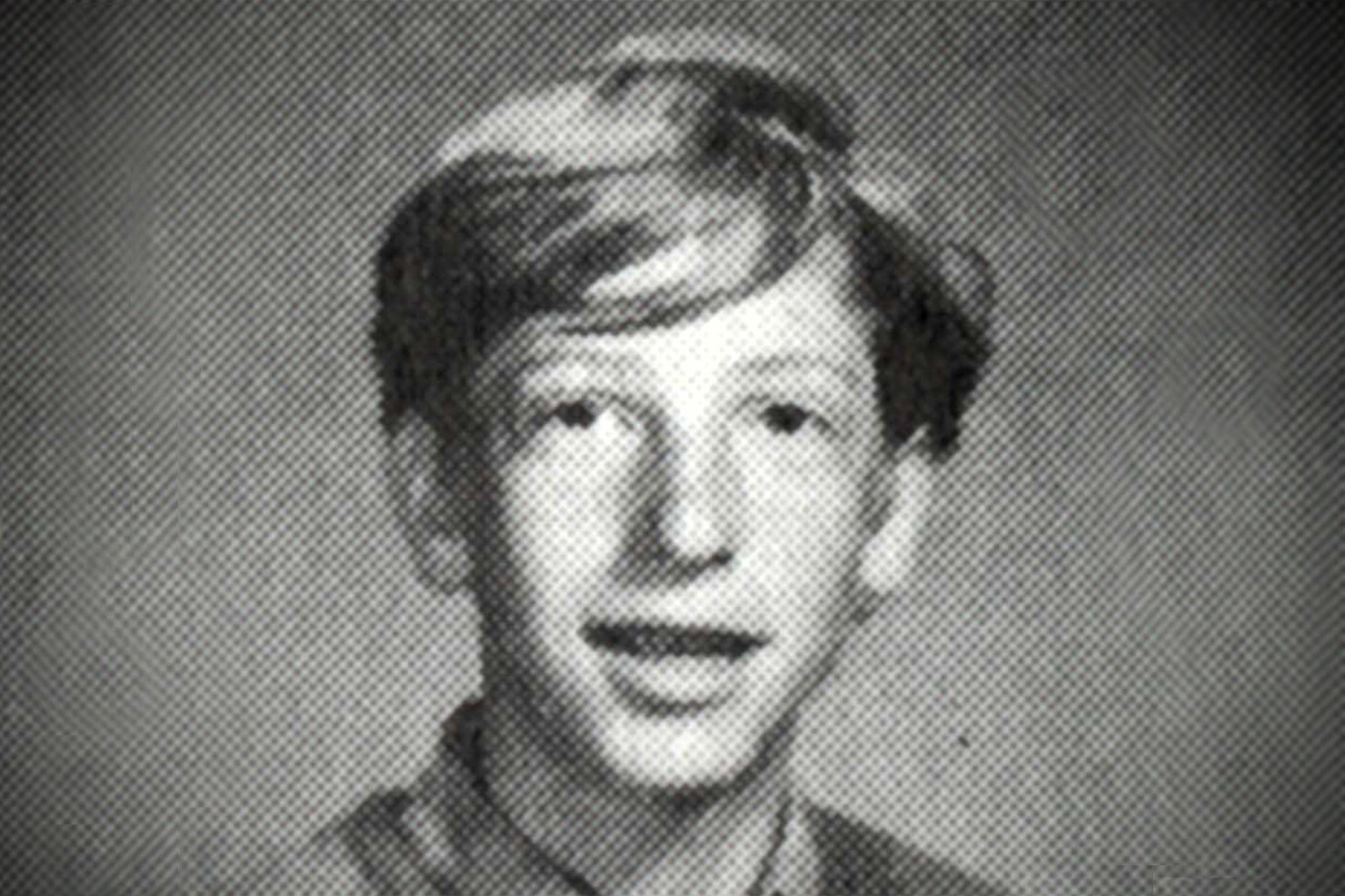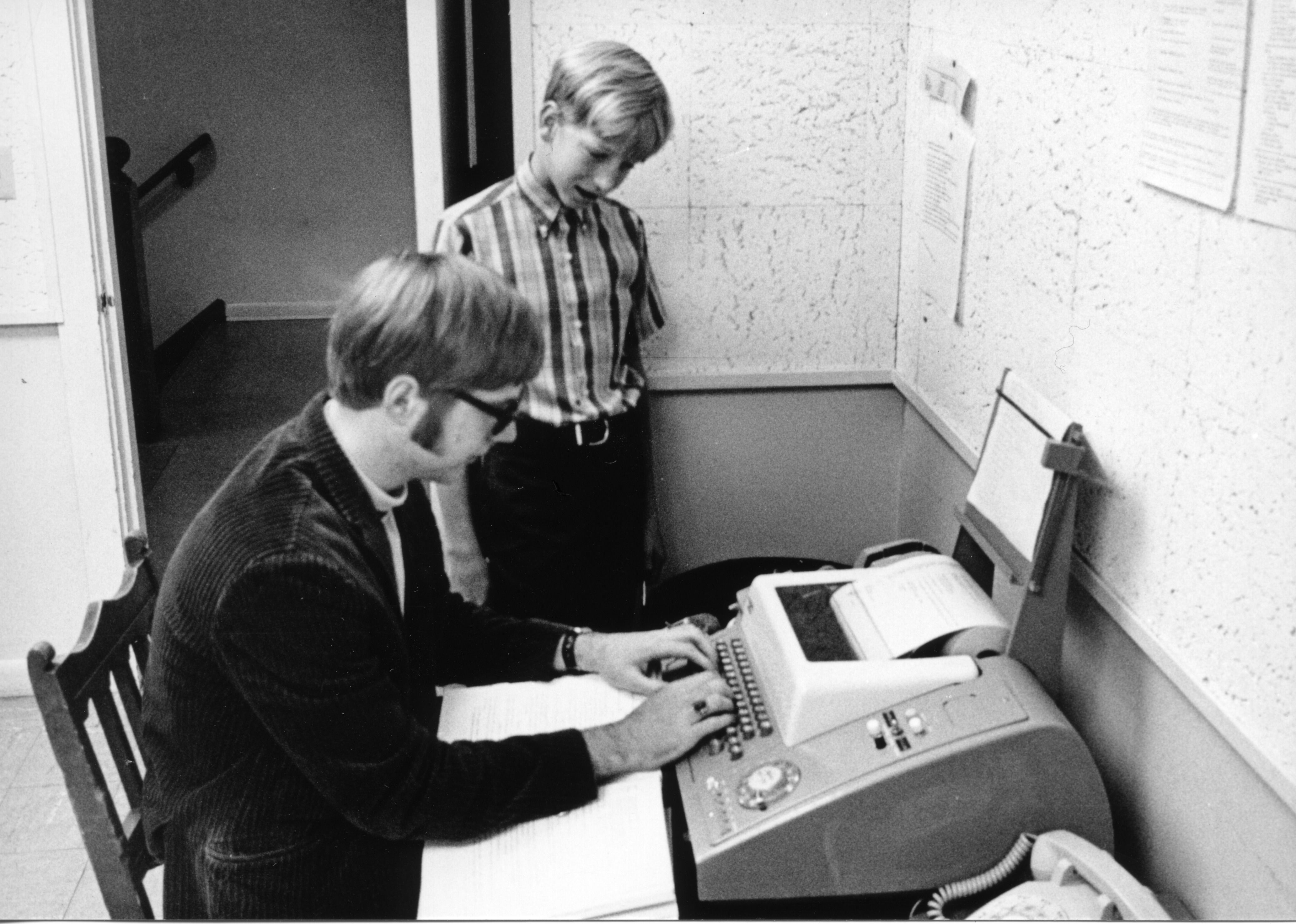Bill Gates: How being sent to therapy as a child changed my life
In this exclusive extract from his new memoir ‘Source Code’, Microsoft co-founder and philanthropist Bill Gates opens up about the impact of being sent to therapy as a boy

By the age of 10, Bill Gates was already a precocious child who was argumentative with his parents, particularly his mother. “I’m thinking,” he recalls telling her. “Don’t you ever think? You should try it sometime!” He believes he would now be diagnosed with ADHD and on the autism spectrum, but at the time no such diagnosis existed.
In this extract from his memoir, ‘Source Code’, Gates recalls being sent to therapy sessions with a social worker, Dr Charles Cressey:
“I’m at war with my parents,” I told Dr Cressey.
Every Saturday morning my parents would drop me off at a gold-coloured Victorian house near the Jack in the Box in Seattle’s University District. I’d let myself in and wait in the front room while Dr Cressey finished with other clients. As I waited, through the plaster walls I could hear tense voices of couples trying to work through their marital problems. When I first started visiting, I wondered: These people have real problems. Why am I even here?
In our sessions, Dr Cressey and I would sit in chairs next to a sunny bay window and talk for an hour or so. His space seemed intentionally designed to calm you, more like a living room than my image of a therapist’s office. The window looked out on a garden with a big tree with white flowers in spring.
You’d be hard pressed to meet a more disarming and empathetic person. He had a way of drawing me out, asking intelligent and insightful questions about my week, stuff at school, and how I was handling things with my mom. Normally my tendency would be to shut out questions like that. But he seemed sincerely interested in what I had to say rather than leading up to a lesson of some kind, or something he wanted me to do. And he himself was interesting.

Before getting his degree in social work, Dr Cressey had been a fighter pilot in World War II and had a short career as a pharmaceutical salesman, during which he saved enough money to start the counselling practice. Those kinds of personal details came sparingly. He didn’t talk much about himself. Instead, he’d focus on me. He just asked his questions. He never told me how I should think or what I was doing right or wrong. “You’re going to win,” he assured me, without further explanation. In hindsight I realised that he was guiding me to find my own conclusions.
He was an avid student of his subject, constantly reading up on psychology and therapy in search of insights he could incorporate into his practice. He shared many of these books, assigning me readings by Jung or Freud and other experts we’d discuss. I found it intriguing that there were people who attempt to understand the human brain and behaviour.
Through our talks, I started to see that he was right: I was destined to win my imagined war with my parents. With each year my independence would grow. In time I would be on my own. All the while – then and into the future – my mother and father would love me. How great was that? Win the war and never lose their love. Without being prescriptive, Dr Cressey helped me see that: A, my parents loved me; B, I wouldn’t be under their roof forever; C, they were actually my allies in terms of what really counted; D, it was absurd to think that they had done anything wrong.
Rather than wasting energy fighting my parents, I should focus my energies on gaining the skills I would need out in the world.
I later learned that Dr Cressey had had a difficult childhood, one of physical abuse that left him with a lot of anger. After the war he made the decision to dispense with his anger and dedicate his life to what he called spreading love. He obviously knew that my problems were minor compared to his own as a kid, and, I’m sure, compared to those of many of his clients. Yet he never belittled what I was going through.
Once he told me: “You’re a lucky kid.” I was gazing out the bay window and didn’t respond, but I knew he was right.
‘Source Code: My Beginnings’ by Bill Gates is published by Allen Lane in the UK and Knopf in the US on 4 February
Join our commenting forum
Join thought-provoking conversations, follow other Independent readers and see their replies
Comments